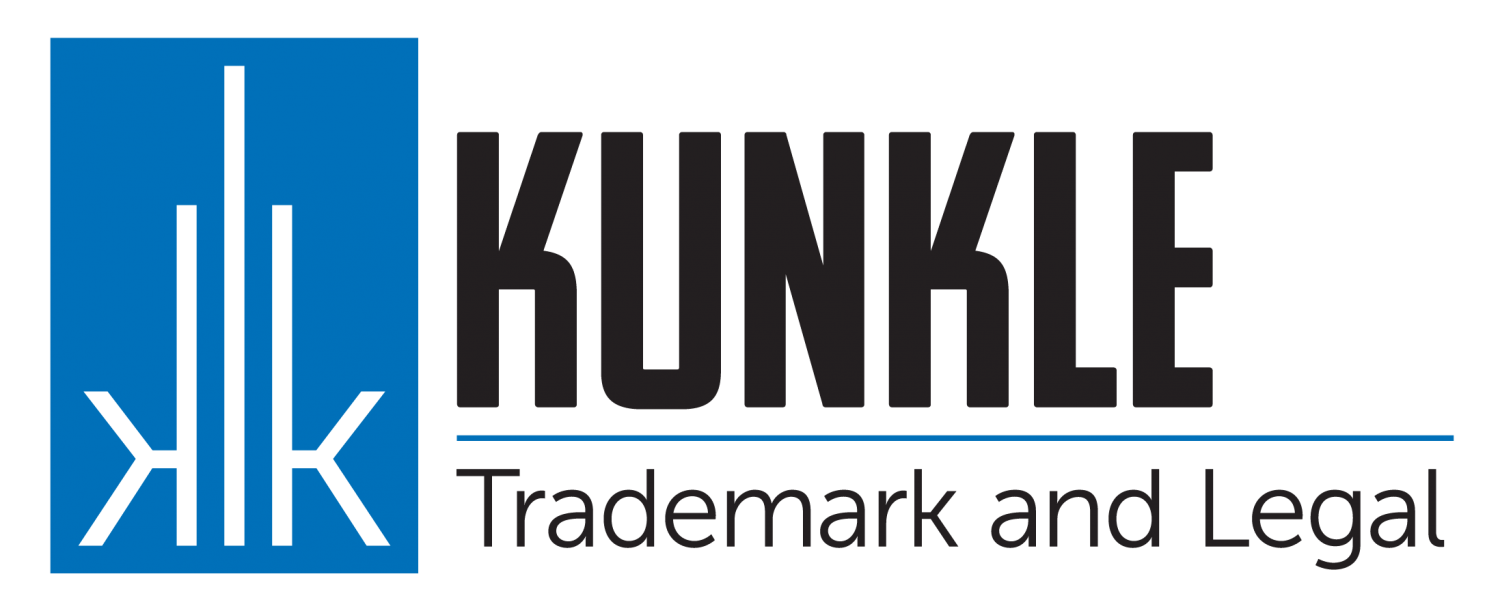Contract Consideration – FAQ
What does it mean for a contract to be not enforceable because of a lack of consideration?
Answer: In order for a contract to be enforceable, the mutual promises of the parties must be supported by "consideration." Considerations means each party gives something of value to the other. The reason that the courts and legislatures generally require some form of consideration is to insure that the promises being made are not merely a casual statement, and accident, or gratuitous – in short – to make sure the people making the agreement really mean it. Consideration looks at whether the parties have assumed an obligation on the condition of an act or forbearance of another. Except in cases of employment matters, Minnesota courts generally do not look at the adequacy of the consideration being offered – only whether some consideration has been exchanged. For written agreements, the court presumes valid consideration. While adequacy of consideration is not usually analyzed, vague or indefinite terms...
